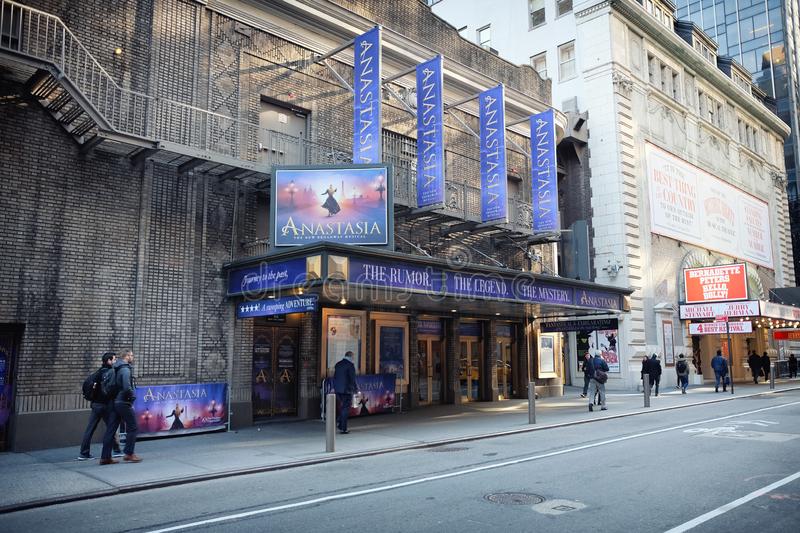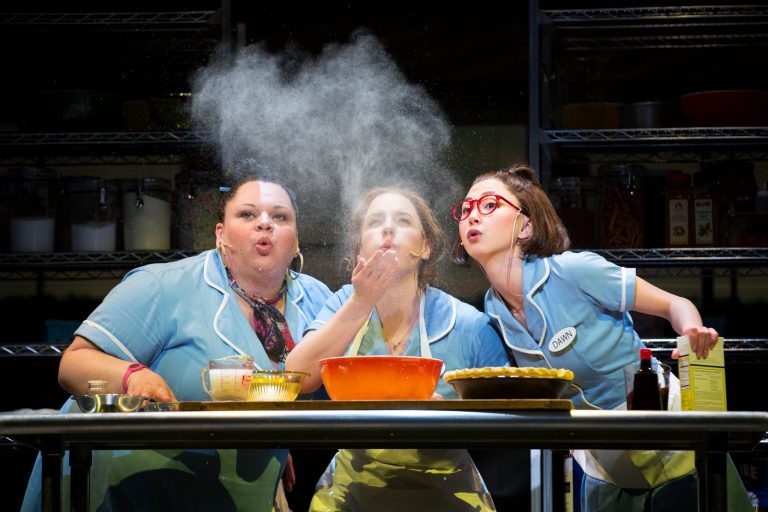How Disability-Friendly Are Broadway Theatres?
Live theatre has become one of the only forms of art that simply exist in a moment in time. Unlike film or television, live shows have no do-overs and no two performances are the same. Most theatre performances prohibit using electronic devices to reduce illegal audio or visual recordings, also known informally as bootlegging. However, what happens when prevention extends itself to disabled devices?

Hadestown’s Recent Controversy
Hadestown, the Broadway musical, is a version of the tale of Orpheus and Eurydice that you have not likely seen before. It won eight Tony Awards in 2019 and has recently welcomed Tony Award winner Lillias White into the role of Hermes after the original actor, Andre de Shields, exited the show this past spring.
On October 13th, Samantha Coleman attended a Wednesday night performance. Coleman, a blind, deaf New York-based actress, attended the evening performance with the same routine she would other shows – with the assistance of a captioning device. However, during the show, Coleman reports that White mistook the captioning device for a phone, and mid-show, yelled at Coleman to put it away. Coleman later mentions the venue provided the device, and she used similar devices at other shows without an issue. Her tweet and video documenting her negative experience garnered so much support that it facilitated conversation on accessibility and disability accommodations in theatre venues.
The Art of ‘Interrupting’ A Show
White is not the first Broadway actor to interrupt a show to speak to patrons. One of Broadway’s most famous actresses, Patti LuPone, is notorious for seeking out bootleggers (people who illegally record Broadway shows) and for harshly criticizing non-compliant theatregoers. One of her most infamous situations was during the 2008 Broadway revival of Gypsy when LuPone entirely stopped acting during her big showstopping number Rose’s Turn to yell at a photographer for taking photos mid-performance.
LuPone’s most recent outburst was captured in a viral video from this past summer where she noticed a patron during a post-show talkback refusing to wear their mask properly. At this time most if not all Broadway theatres were still enforcing the mandatory mask mandate. She proceeded to get into a verbal altercation with the patron in which she said, “That’s the rule, if you don’t want to follow the rule, get the f–k out!”
Following the Hadestown situation, criticisms of White and the show flooded social media. However, the double standard between White and LuPone had been pointed out in the theatre community. It created a conversation not only about the lack of accessibility and communication in theatres but in the different expectations held for white and Black actresses. While White was reported to not have interrupted the show according to company members and Coleman herself, she was thoroughly berated in a way LuPone never was.
White has since then offered an apology to Coleman that also addressed the harassment she’s received following the initial incident.
At the end of the tumultuous week, LuPone announced on Twitter that she would be giving up her Equity Card and revoking her U.S. professional stage presence. She stated, “Quite a week on Broadway, seeing my name being bandied about. Gave up my Equity card; no longer part of that circus. Figure it out.” It was later reported that this decision was one she made following Company’s closing in July.
How Accessible Are Broadway Theatres?
Amid all of these controversies, the situation quickly changed from a genuine discussion about the accessibility of Broadway theatres into claims of defamation and one of Broadway’s longest-running and famed performers quitting the industry.
TheatreAccessNYC has reported on all of the accessibility options. Documented is a graph of the data:
What Can Be Done?
Although the venues and front-of-house staff seem to be well-equipped with options to make the theatre an enjoyable experience for all those attending, there is still much more room for improvement. Improving communication between actors and management staff, increasing awareness of these kinds of situations, improving diversity and inclusion, and having live performances can be something shared amongst everybody, not just the able-bodied.




